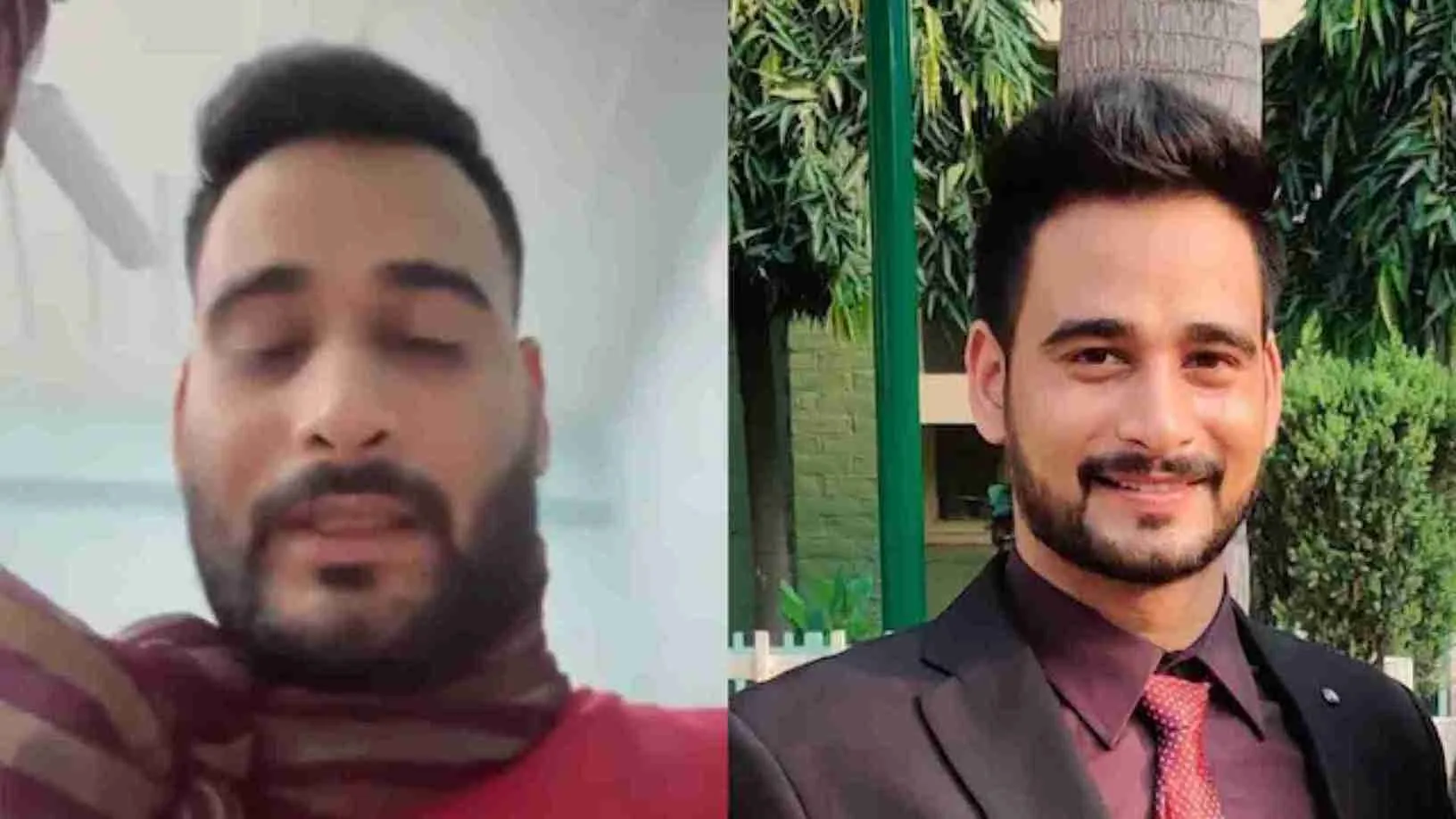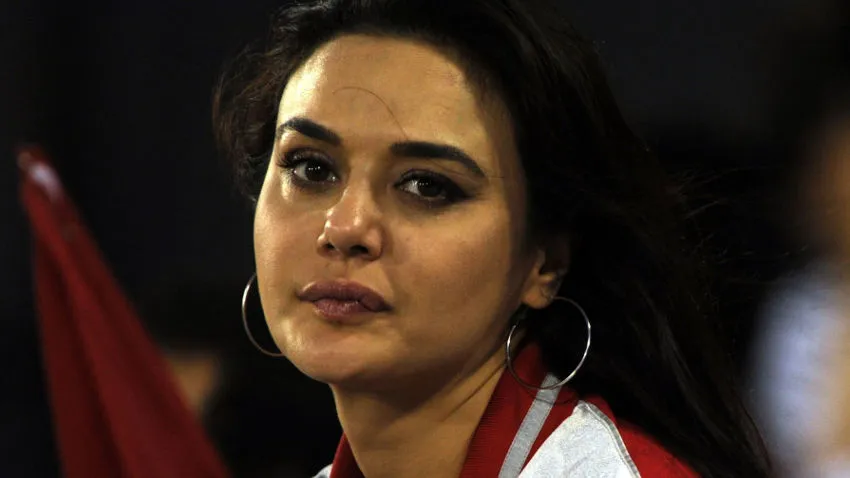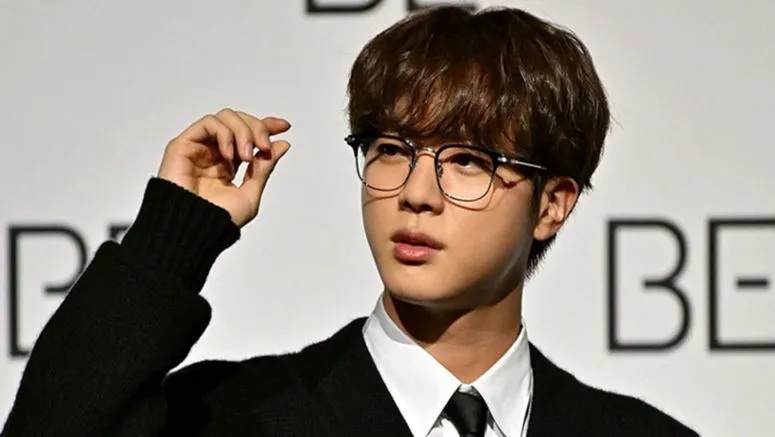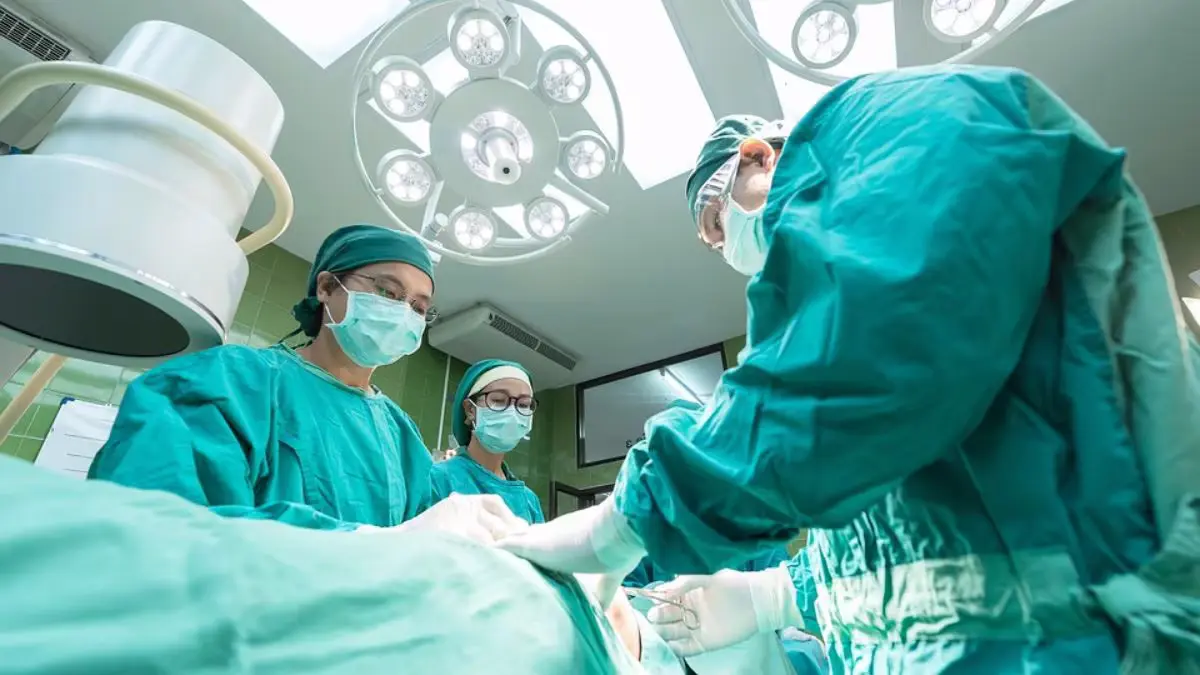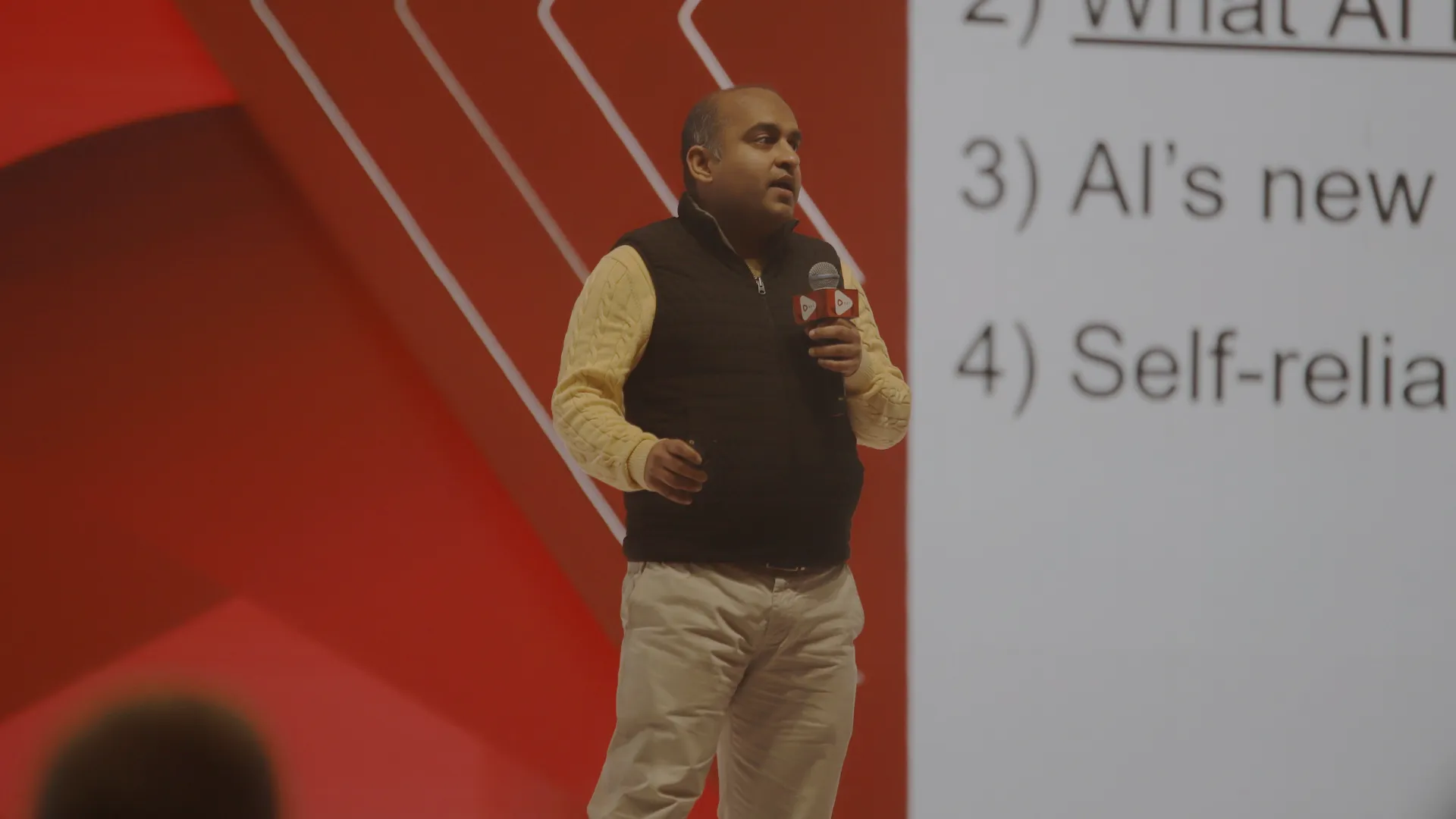Artificial intelligence (AI) is becoming an integral part of daily life. It provides insights that, in some cases, rival the expertise of professionals. Recently, Deepak Shenoy, the founder of Capitalmind, shared an experience that has stirred up discussions about AI’s potential in healthcare.
Shenoy’s MRI Analysis by ChatGPT
Shenoy took to his official X (formerly Twitter) account to share a surprising discovery. He wrote:
“Just found out from the ChatGPT analysis of my MRI report that I should stop doing deep squats. Very interesting because I was slowly training to do exactly that.”
When a curious user asked for more details, Shenoy responded:
“Kneecap slightly displaced. There’s a technical term and all. I’ll still see a doc of course.”
Just found out from the ChatGPT analysis of my MRI report that I should stop doing deep squats. Very interesting because I was slowly training to do exactly that.
— Deepak Shenoy (@deepakshenoy) January 31, 2025
This experience illustrates how AI tools, such as ChatGPT, are going beyond answering basic questions. They are now offering medical advice that encourages users to seek professional care.
AI Diagnoses vs. Human Expertise
This is not the only instance where AI has proven its capabilities in the medical field. AJ Kay shared an eye-opening story about her daughter’s injury, which medical professionals initially overlooked. Despite the doctors’ assessment, Grok, Elon Musk’s AI chatbot, correctly identified a fracture.
Kay explained that after her daughter was involved in a serious car accident, she complained of severe arm pain. Although an X-ray at an urgent care center ruled out a fracture, the doctors prescribed painkillers.
True story: @Grok diagnosed my daughter’s broken wrist last week.
One of my daughters was in a bad car accident last weekend. Car is totaled but she walked away. Everyone involved did, thankfully. It was a best case outcome for a serious, multi-vehicle freeway collision.… pic.twitter.com/fRNh81WX0N
— AJ Kay (@AJKayWriter) January 11, 2025
However, her daughter’s condition worsened. Her wrist appeared abnormal, her hand grew cold, and her thumb became immobile. Concerned, Kay decided to trust Grok’s ability to analyze medical images. After uploading the X-rays, the AI detected a fracture, contradicting the doctors’ earlier assessment.
AI’s Role in Healthcare
These incidents fuel the ongoing debate about AI’s role in healthcare. While tools like ChatGPT and Grok can offer valuable insights, medical professionals continue to play an irreplaceable role. Nevertheless, it is clear that AI is increasingly becoming an important part of diagnosing and treating health issues.



